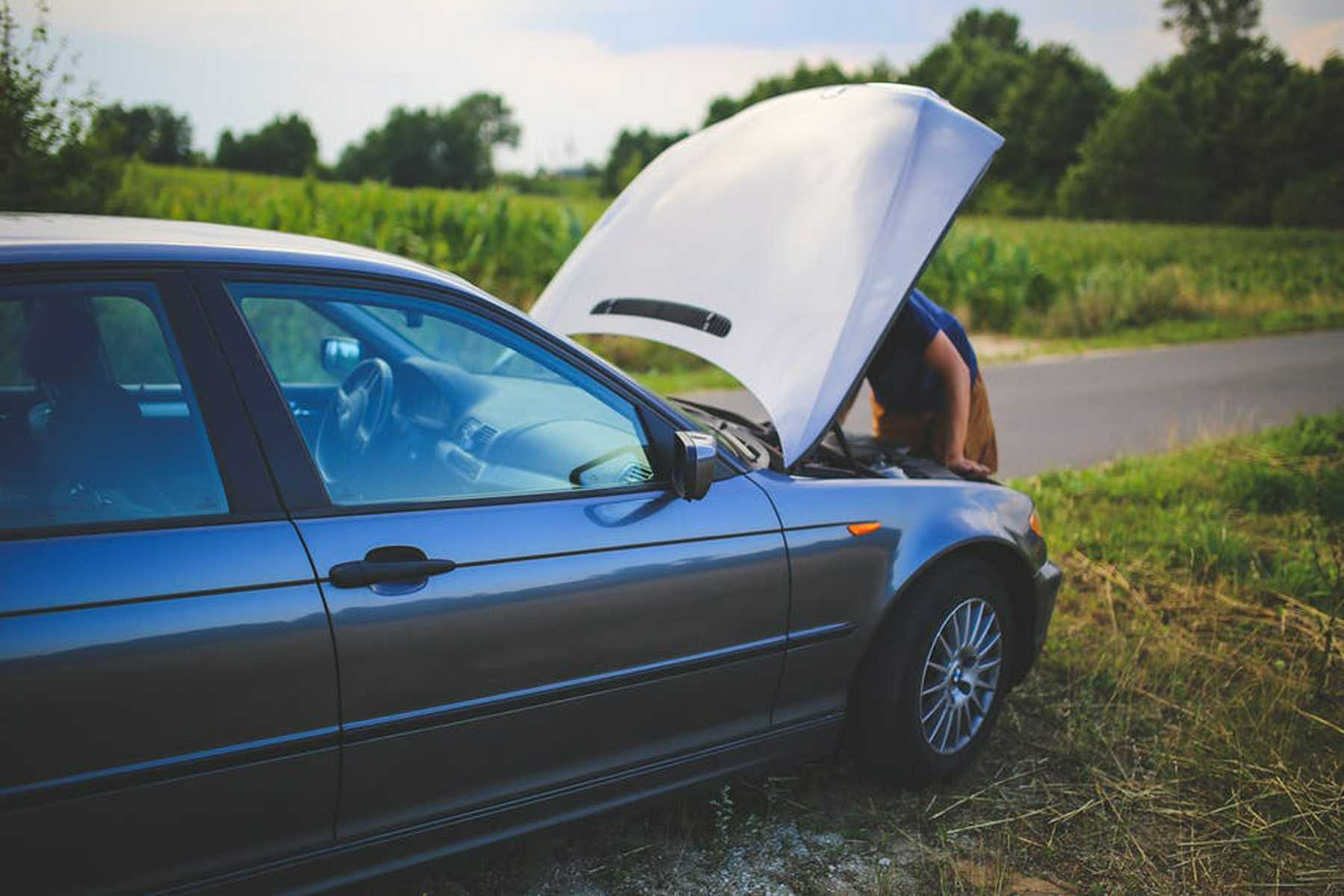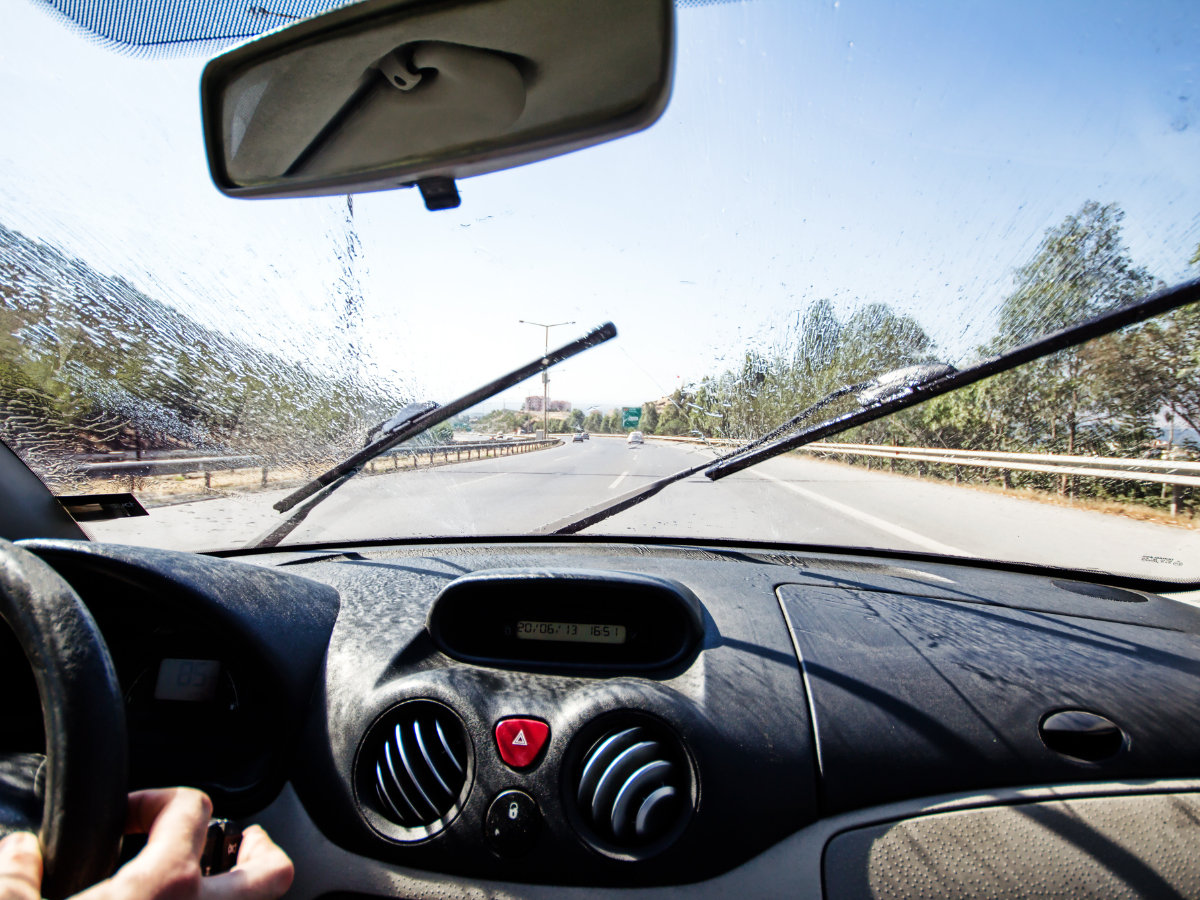Turning your car ignition key on and realizing nothing is happening feels disappointing. You might panic wondering how you will get your kids to school or get to work. Or even the thought that the worst has happened to your car.
A car can stall for a wide range of reasons even as simple as a loose battery terminal.
Mechanics receive the question quite often: why is my car not starting?
Before you even start calling a mechanic, here are five things to check if your car does not start.
1. Battery
Battery problems commonly cause starting problems. Around 55% of the incidents of cars not starting are due to a faulty battery. Some of the factors that might cause the battery to die include:
- Corroded battery connections
- Electrical drains
- Charging problems
- Extreme weather, especially during winter
Your battery can drain when it is off. Interior lights, door lights, and bad relays are common causes for a flat battery. Also, if your battery is old, it could be one of the reasons your car won’t start.
You need frequent battery maintenance to ensure it’s functional all the time.
Note, if you don’t start your car for long periods, it can damage the battery as well. You can test the battery by jump-starting the car. If the car starts, you either have a dying battery or an alternator.
2. Fuel Problems and Empty Gas Tank
Your car needs spark, air, and gas to run. If the fuel filter is clogged, it does not allow fuel to pass in high quantities. If the fuel flow is too low, it may fail to run the engine.
Clogged fuel filters are due to low-quality fuel or lots of mileage. You should change the fuel filter after 15,000 to 20,000 kilometers. When getting your car serviced, consider replacing the filter.
Checking the gas tank sounds obvious; however, you will be surprised how many people forget about it. When driving around all the time, it’s possible to forget to refill your gas tank.
Refill your car with high-quality gasoline. Low-quality gasoline may not start your car.
Running out of fuel can damage your car. The engine begins to draw in air and the last dregs of fuel. The air may stop the engine from starting.
Don’t throw off the fuel-air mix needed for combustion by running out of fuel. Never let your car run dry. Always have spare fuel in the trunk.
If fuel is not the problem, check fuel pressure, pump, or a faulty sensor.
3. Ignition Switch
If you are certain that the battery functions perfectly, the ignition switch could be the problem. Try starting the car several times before running a problem diagnosis.
The ignition switch fails to start the car for two reasons: the ignition lock is on or faulty.
When you turn on the ignition, you develop an electrical pathway to get the car started. If the ignition key is faulty, the pathway is not complete.
Some of the factors that may cause ignition problems include broken springs, ignition switch contacts, and temperature problems. Common indicators of a faulty ignition switch are:
- Vehicle starting and suddenly stalling
- Intermittent loss of lighting and other accessories
- Silent starter motor
- Difficulty turning the key
Get a mechanic to diagnose ignition switch problems thoroughly. If you confirm it is a problem, replace the ignition switch. You don’t want to be stranded in the middle of the road due to a faulty ignition key.
In some cases, faulty ignition switches may be a result of automaker problems.
If you park the car with the steering wheel in full lock, it can jam the ignition. Try to move the steering wheel slightly with the steering lock on. Don’t force the key; it might break.
4. Spark Plugs
The spark plugs ignite the fuel allowing the car to start. It’s possible to diagnose spark plug problems by yourself. If you are uncertain how to check, call an expert mechanic.
If your car has no spark, it will crank but not start. Check the engine compression and fuel system. If they are okay, but the car does not start, it suggests the car’s sparks plug may not be working.
Modern spark plugs last at least 100,000 miles or more. However, spark plugs can go bad early due to oil leaks or faulty ignition coils. Faulty spark plugs could be why your car doesn’t start.
Indicators that suggest failing spark plugs include engine surging, high fuel consumption, and lack of acceleration. If the engine misfires, it’s because the cylinders are not firing correctly.
5. A Faulty Starter
A faulty starter might be the reason your car won’t start. The starter’s role is to set the engine in motion. If the engine starts and is in motion, the starter’s job is done. If the starter is faulty, the engine will not crank properly.
So, how do you tell the starter is the problem?
When you turn the ignition key, the car will not start. A loud click sounds when you turn the ignition key. Also, if your car is noisy when trying to turn on your car, it could suggest your starter is faulty.
Note, your car’s security system could also be the reason for your car not starting. If your key’s battery is running low, the security system may not recognize it.
Why Is My Car Not Starting Despite the Above Diagnosis?
If your car fails to start, don’t let it sit. The problem may get worse. Contact a local mechanic to get the vehicle repaired.
After trying the above diagnosis in vain, it is natural to wonder why is my car not starting? A car that doesn’t start is a familiar experience for any vehicle owner.Conduct a thorough diagnosis to identify the problem. Pay attention to warning signs on the panel of your car. It will save you from running into unexpected problems.
Keep up with a regular maintenance schedule for both your car and your tires, as it can prevent you from costly repairs. Check out our subscription plans to learn how to put your car maintenance on auto pilot with the Treads App.





